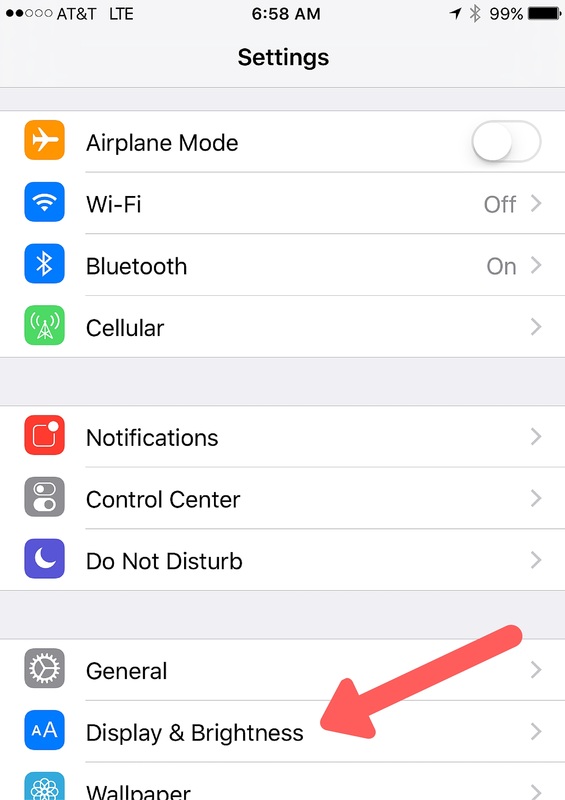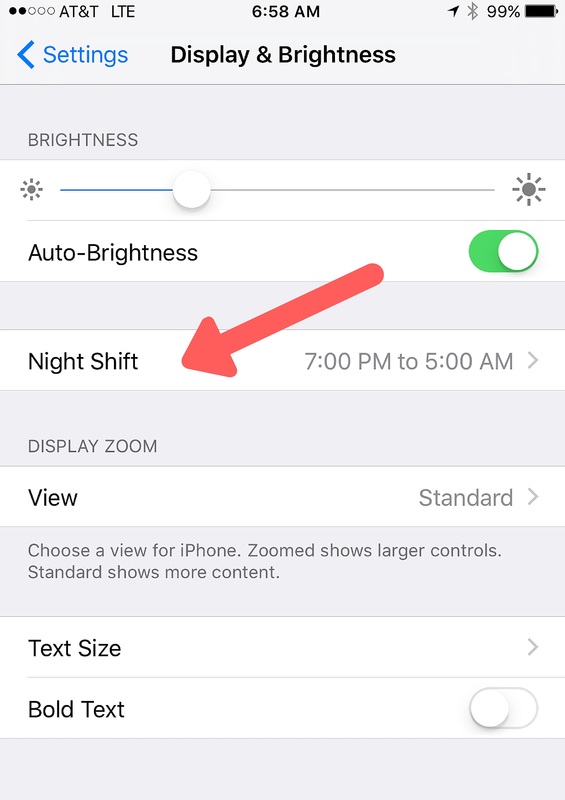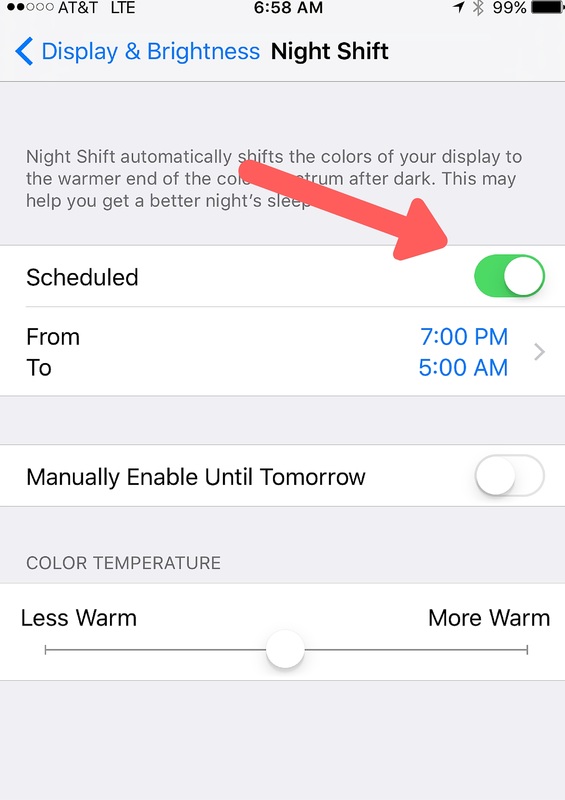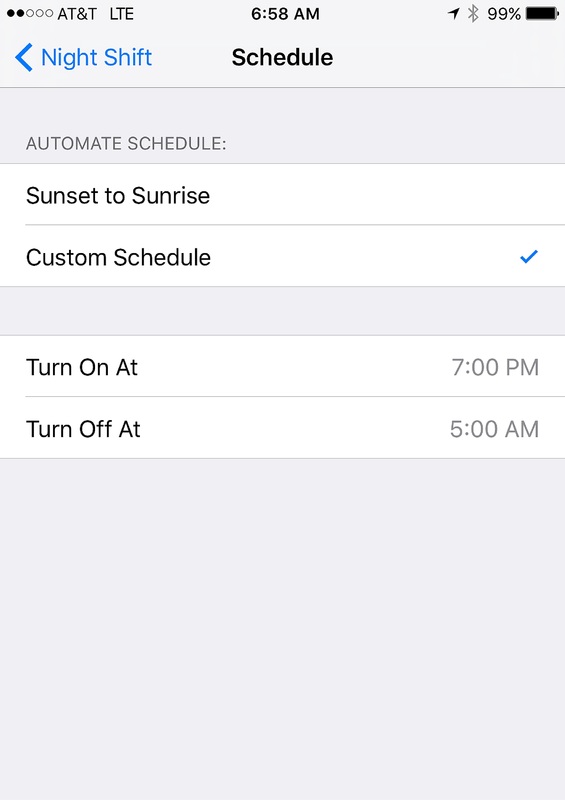|
For the longest time humans used the sun as their only source of light. Then came fire. Then came the lightbulb. Then came TV. Then came the iPhone! Nowadays it is hard to avoid electronics that emit light. If you are living among humans it is the norm.
The point of this post isn't to give you a history lesson on how light came to be, but to actually share with you more detail into how light affects our health. I've heard a lot of health minded folks talk about the effects of light and how it correlates with your hormone cycles. When I got a little pop up on my phone this past week I figured it would be a good opportunity to share something I learned and also share a bit about how light can influence your health.
Circadian Rhythm
This term refers to how your hormones cycle up and down and how you go from being wide awake to sleeping liking a baby. The main hormones at play here are cortisol and melatonin. These two hormones work inversely with each other. When one is high the other is low and vice versa.
Cortisol is often referred to as a stress hormone or fight or flight hormone. This can give people the thought that it is a bad thing but this hormone is needed to function. It is a rise in cortisol in the morning that tells you to wake up. As the day goes on your cortisol levels should decrease and with that brings on a rise in melatonin. Melatonin is the key player in making you sleepy and getting a good nights rest. It often is used in supplement form to help people with insomnia and other sleep disorders. Health Impact
It is this daily shift and balance of hormones that make up your circadian rhythm. This can affect all areas of your health. A lack of sleep can affect a person's weight in a negative way...and obesity thus increases a person's chance of getting pretty much every other disease out there. Melatonin disregulation can also increase chances of certain cancers. The World Health Organization has even classified shift work as a probable carcinogen because of the disruption of to a person's circadian rhythm.
Artificial Light's Impact
Being exposed to light, especially blue light, later in day is also associated with disrupting a person's circadian rhythm. Thus increasing risk factors of everything explained above. When you are staring at a TV screen, iPad, or smart phone late at night you are basically sending daylight type light into your eyes and brain which suppresses melatonin and increases cortisol. Another thing that can play into this imbalance is staying indoors all day long. By limiting your exposure to natural sunlight your body doesn't get that dosage of light that tells your body that it is time to be awake and alert. Yeah your computer screen at work gives you a fake light but nothing beats the real thing.
Solution Time
If you struggle with sleepless nights, waking up tired or low energy levels during the day you could likely have a circadian rhythm that is out of balance.
Here are 5 things you can do to help your cause and get your circadian rhythm back in balance.
0 Comments
Leave a Reply. |
The Cook & The CoachHealthy is a LIFESTYLE. Categories
All
Archives
November 2019
|
About Us
|
Contact UsAffiliate Disclosure
|






 RSS Feed
RSS Feed

